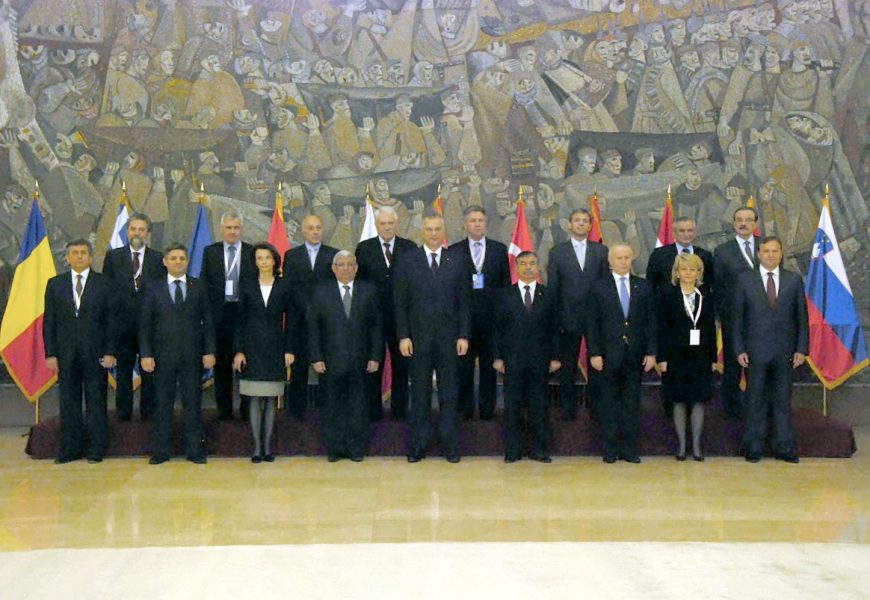SEECP member countries defence ministerial
Deputy Minister of Defence Višnja Tafra led a delegation of the Ministry of Defence which participated on 11 and 12 April 2012 on defence ministerial meeting of SEECP – South East European Cooperation Process, which is under the chairmanship of Serbia and was held in Belgrade.
The meeting of defence ministers was chaired by the Minister of Defence of the Republic of Serbia Dragan Šutanovac, and besides the Croatian delegation, the meeting was also attended by delegations of other member states initiative – Albania, Bosnia and Herzegovina, Montenegro, Bulgaria, Greece, Macedonia, Romania, Turkey and Slovenia. The meeting was also attended by representatives of international organizations and regional initiatives – UN, EU, NATO, OSCE, RACVIAC and RCC.
This year’s meeting of SEECP defence ministers took place on improving mutual cooperation in the region to address issues of surplus weapons and ammunition. During the meeting, the ministers expressed their commitment to regional cooperation as an imperative for the Euro-Atlantic perspective and regional security and stability. The SEECP defence ministers have signed the Joint Statement of Defence Ministers of the Member States of the South East European Cooperation Process which welcomes the strengthening of regional cooperation, continue to provide mutual support on the path of integration into Euro-Atlantic structures and the continued policy of “open doors” to all countries of the region which aspire to membership in the Alliance. They welcomed the initiation and intensification of cooperation in solving surplus weapons and ammunition.
In his address, Deputy Minister of Defence Tafra stressed support to Euro-Atlantic aspirations of countries in the region and expressed the readiness of Croatia to provide full support to interested countries. Deputy Minister assessed the positive prospects of cooperation in the field of weapons surplus, adding that this area has great potential in the context of regional cooperation. In addition, it was emphasized that this area has traditionally been perceived as internal national issue, a sensitive one, and requires extreme transparency and mutual trust. Cooperation in this area is possible at a mutually acceptable solution taking into account existing national industrial capacity.

